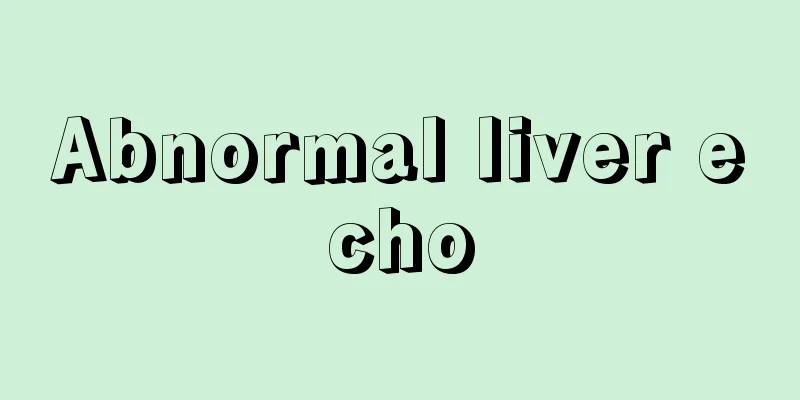What is the reason for high creatinine urea nitrogen?

|
The level of blood urea nitrogen (BUN) is an important indicator of changes in renal function. Patients with kidney disease often have high creatinine. If a normal person is tested positive for high creatinine and urea nitrogen, further examination should be done to see if there is any problem with the kidneys. So, what is the reason for high urea nitrogen? 1. Normal value of urea nitrogen: The normal fasting urea nitrogen of adults is 3.2-7.1 mmol/L (9-20 mg/d1). Once it exceeds this range, our urea nitrogen is too high. 2. Reasons for high urea nitrogen: Pathological factors High urea nitrogen indicates kidney damage or renal dysfunction. Clinically, high urea nitrogen can be seen in the following three situations: 1. High renal level is seen in renal dysfunction caused by acute nephritis, chronic nephritis, toxic nephritis, severe pyelonephritis, renal tuberculosis, renal vascular sclerosis, congenital polycystic kidney and renal tumors. It is especially valuable for the diagnosis of uremia. The degree of increase is proportional to the severity of the disease. For example, BUN exceeds 9mmol/L in the azotemia stage and may exceed 20mmol/L in the uremia stage, which helps to estimate the condition. 2. Prerenal hyperactivity is seen in congestive heart failure, severe burns, shock, massive gastrointestinal bleeding, dehydration, severe infection, diabetic acidosis, adrenal cortex insufficiency, hepatorenal syndrome, etc. 3. Postrenal high level is seen when urinary tract obstruction increases renal tissue pressure and reduces glomerular filtration pressure, such as prostate hypertrophy, urethral obstruction caused by tumor compression, or bilateral ureteral stones. 4. Blood urea nitrogen is easily affected by urine volume and nitrogen load. Upper gastrointestinal bleeding, certain serious liver diseases, severe infections, the use of corticosteroids and excessive protein in the diet may cause a temporary increase in blood urea nitrogen. 5. In the early stages of renal insufficiency, blood urea nitrogen does not necessarily increase. Only when the glomerular filtration rate drops below 50% of normal will blood urea nitrogen show abnormalities. Physiological factors A simple increase in urea nitrogen can be caused by consuming too much protein in the diet. By changing the dietary structure and balancing the combination of protein, sugary foods and vegetables, the level can quickly return to normal. |
<<: What should I eat if my creatinine is low?
>>: What should I do if my anus hurts when I defecate
Recommend
How is testicular cancer diagnosed
Testicular cancer, as the name implies, is a type...
The best hospital for treating kidney cancer
Which kidney cancer hospital is the best? There a...
The ten major disadvantages of hot yoga
Yoga is actually a very good exercise. Nowadays, ...
Can I wear tourmaline to sleep?
Tourmaline has always been believed to be a treas...
Which medicine treats pancreatic cancer and causes the least harm to patients
What medicine can treat pancreatic cancer with th...
Can wild crabs be eaten
There are many types of crabs, including sea crab...
A brief discussion on the hazards of hamartoma
Hamartoma is a terrible and common tumor disease,...
What are the dangers of picking your belly button
The belly button has basically no significance af...
How big a thyroid nodule needs surgery? Malignant lesions require surgery
Thyroid nodules can be single or multiple. The in...
What should I pay attention to when using tert-butyl perbenzoate
Tert-butyl perbenzoate is actually quite dangerou...
Get up and do these eight things, and you will have a healthy life
When people reach middle age, they begin to consi...
Should I get the influenza type B vaccine?
Influenza, commonly known as the flu, is a very s...
Can prostate cancer be transmitted through blood?
The early symptoms of prostate cancer are not ver...
What diseases can you get from holding your temper for a long time
People not only look different, but even their te...
Treatment for pain in the back of the head caused by high blood pressure
With the continuous improvement of economic condi...









